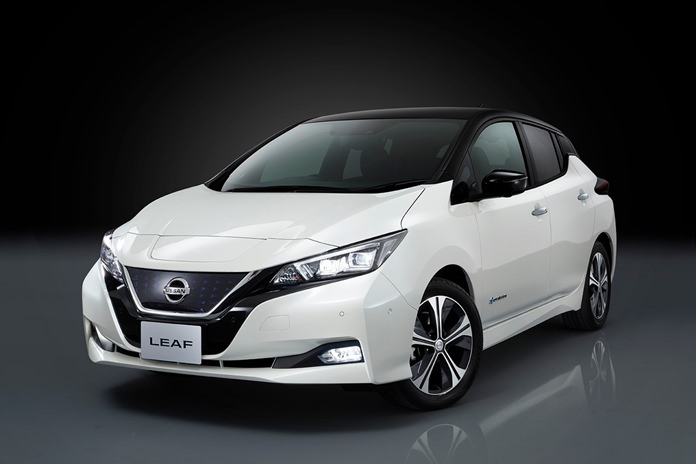
Nissan believes electric vehicles will become mainstream by 2025. By then you will have only two main choices at the dealership – EV or ICE (Internal combustion engine).
 The company (Nissan/Renault) was first to market with a mass-produced electric vehicle, the Leaf, in 2010, and while it carries the title of world’s best-selling EV – with more than 250,000 units sold as at December 2016 – it remains a niche model by volume on the world stage.
The company (Nissan/Renault) was first to market with a mass-produced electric vehicle, the Leaf, in 2010, and while it carries the title of world’s best-selling EV – with more than 250,000 units sold as at December 2016 – it remains a niche model by volume on the world stage.
Asked in Tokyo this week when would EVs become the dominant force in the automotive market, Nissan Motor Company vice-president of global product strategy Ivan Espinosa said there were a number of factors to consider.
“One thing is the regulatory costs of conventional technology today is gradually going up and it will keep getting worse and worse as we go,” he said.
“With that said, at the same time we see a lot of governments pushing to get cleaner environments, cleaner cities, more stringent regulatory hurdles. The electric technology is one of the solutions to do that. One of the things is the cost of the technology is relatively high and it has to do mainly with battery cost.
“As this evolves and as the technology matures – it is in its young age – we can expect the cost to go down. And as the cost goes down and the conventional technology keeps going up, you will start seeing this shift. And we believe the shift will happen quickly.”
Nissan Motor Company chief planning officer Philippe Klein added that the tipping point for EVs to become more affordable and therefore more popular with consumers will take place by around 2025.
“And at the same time (will be) the continuous decrease of the cost of the electric vehicle technology. This decrease, we start to see the benefit of it.” Mr Klein said there are realistic applications for EV technology and relevant markets will adopt the technology at a different pace.
“But for a lot of vehicles commuting every day, it is going to become an obvious technology, so that is going to trigger the pace of the deployment.”
“The other thing we are noticing changing very fast is customer interest in EVs is growing. It is because people are getting into the technology and experiencing the technology more and more,” he said.
“When we launched the Leaf, we had great feedback from customers buying the car because the drive experience is very different. Because the ‘fun to drive’ (experience) you get with the car is amazing and a completely different experience.”
Nissan Motor Company executive vice-president for global marketing and sales, zero-emission vehicles and the battery business, Daniele Schillaci, reiterated that EVs would be the same price as internal combustion cars by about 2025, and acknowledged that while government incentives help EV take-up, it is the technology itself that appeals most to consumers.
“People are just so impressed by the technology. And if you have incentives of course it is better, but if you don’t have, if you connect with the technology at least you will consider that technology.”





